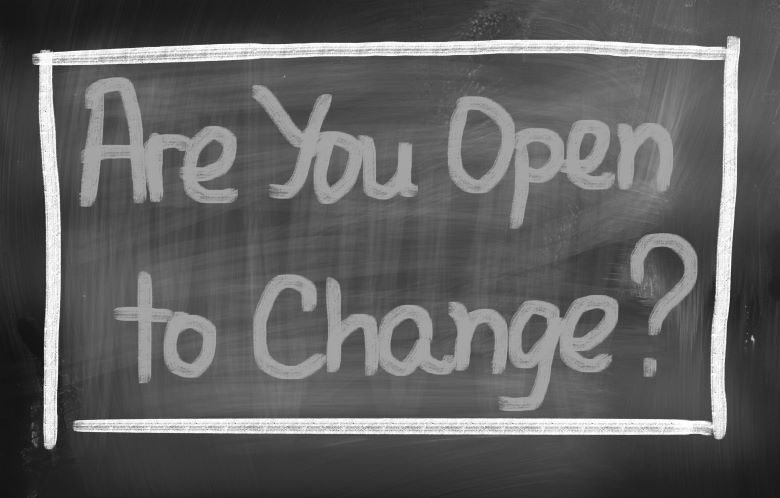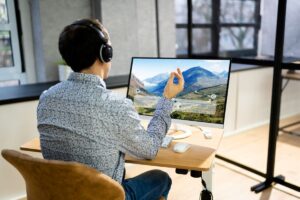5 examples of clever, creative COVID-19 pivots
The pandemic is forcing businesses to adapt or wither away. Take heart — and maybe borrow an idea or two — from these savvy strategic swivels.

Conventional wisdom has long been that the great companies invest during a downturn to come out stronger on the other side. Actually, they don’t just invest. They adapt.
In the early 1980s, surging oil prices sent the U.S. into a recession, and market-leading brands Chevrolet and Ford experienced a steep decline in sales. Import sales also declined, but by a much smaller margin.
Why? Applying lessons from the 1973 oil crisis spurred by OPEC’s embargo, Honda and Toyota designed larger cars around the idea that fuel efficiency alone was not enough to entice American consumers. Honda and Toyota pivoted. GM and Ford did not.
Today, businesses are innovating and adapting to survive, thrive or mitigate the impact of the coronavirus pandemic.
Here are some of the most interesting and innovative pivots and adaptations we’ve seen over the past few months.
Parking lots go Hollywood?
Brookfield Properties, one of the world’s largest real estate managers, owns malls across the United States. Mall traffic might be down because of the coronavirus, but Brookfield is at least making money from the empty parking lots. The company signed a deal with entertainment company Kilburn Live to use the lots as drive-in theaters in at least five cities, providing much-needed public entertainment options while traditional movie theaters remain shuttered.
Magical solutions for Airbnb.
Traditionally, Airbnb hosts have been in the background and their properties have been the obvious focal point. Now, Airbnb is leveraging the talents of those hosts. Airbnb responded to a sharp decline in guests by creating online experieneces provided by hosts. For a small fee, you can learn sleight-of-hand from a magician, take a Zumba class, meet up with a shark scientist, or have a “twerking experience.” (Yes, twerking.)
Spotify turns to podcasts.
Spotify’s bet on advertising revenue was upended by the pandemic, so the streaming platform turned to original programming: namely, podcasts. According to the Harvard Business Review, more than 150,000 podcasts were uploaded by users in just one month, and Spotify has signed exclusive deals with celebrities and started curating playlists.
Lowe’s and the gamification of hardware.
Led by a former video game designer, Lowe’s is reimagining its retail experience, catering to customers stuck at home. The retailer now offers an augmented video chat service that allows contractors to conduct home visits. The platform provides an on-screen laser pointer and augmented reality quick-draw tools to guide customers through the consultation.
Creating a unique and superior retail experience was already becoming critical for retailers before COVID-19. The crisis is only accelerating that crisis.
Watch out, Sundance, Domino’s is here.
Figuring Americans are cooped up at home and looking for things to do, Domino’s established a virtual film festival for fans to create homemade videos. The winners will get a year’s worth of pizza. Entrants have the chance to be featured in future Domino’s TV commercials. (No word yet on whether “The Noid” will return.)
Whether any of these innovations last is an open question. But it’s likely that at least some of the ideas listed above and others brought out by COVID-19 will be with us for years to come —maybe even some that involve twerking.
Jason Dressel is managing director of History Factory. Connect with him on LinkedIn.






